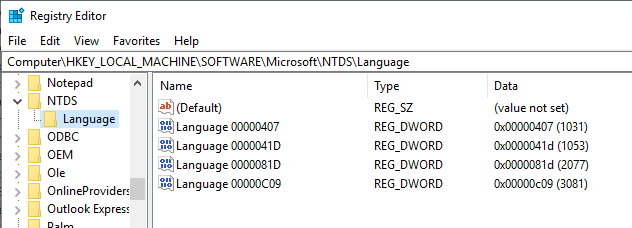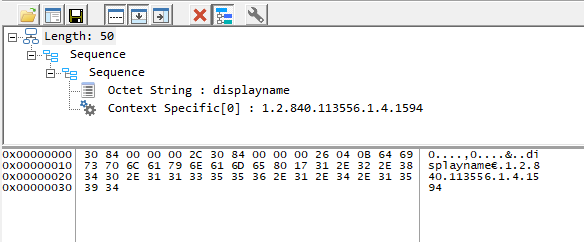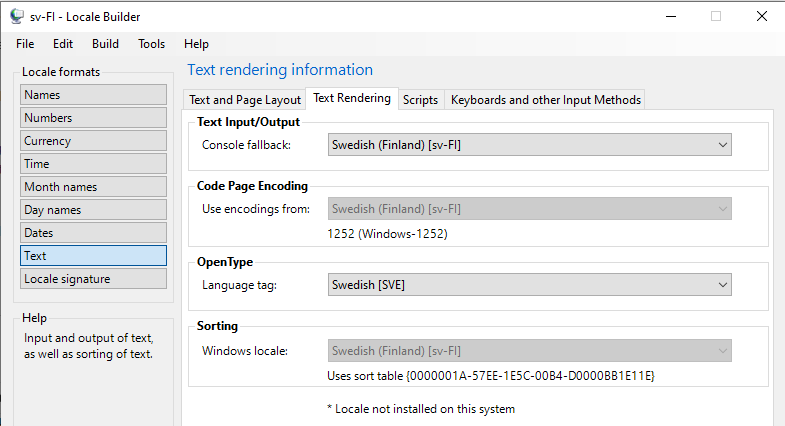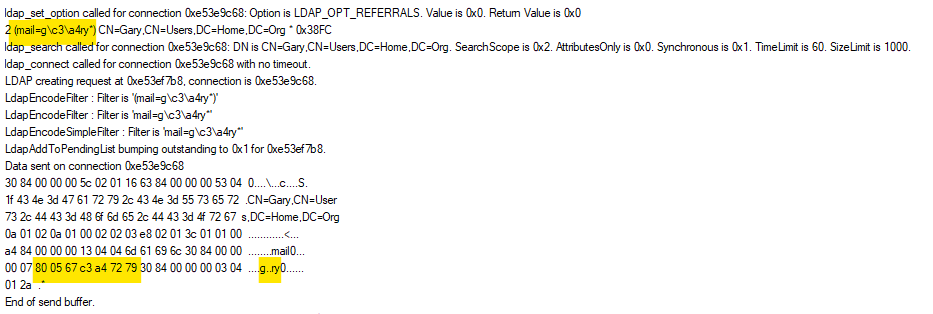Hi Gary
Yeah I'm Melbourne based, so the time difference can be a pain for Europe.
I did find this post which did lead me to Sorting Weight Table Order and this reference 3.1.5.2.3.1 in MS-UCODEREF and the download of the Sorting Table. Which contains the sorting details for the {0000001A-57EE-1E5C-00B4-D0000BB1E11E} used for the Swedish sorting table, which is used to create the character map returned by LCMapStringEx function:
SORTGUID 0000001A-57EE-1E5C-00B4-D0000BB1E11E
LOCALENAME fi-FI ;Finnish - fi-FI
LOCALENAME sv-SE ;Swedish - sv-SE
LOCALENAME sv-FI ;Swedish - Finland - sv-FI
LOCALENAME fi ;Finnish - fi
LOCALENAME sv ;Swedish - sv
TWO 14
0x0077 0x0302 14 162 18 2 ;w Circumflex
0x0057 0x0302 14 162 18 18 ;W Circumflex
0x0075 0x030b 14 167 27 2 ;u Double Acute
0x0055 0x030b 14 167 27 18 ;U Double Acute
0x0075 0x0308 14 167 123 2 ;u Diaeresis
0x0055 0x0308 14 167 123 18 ;U Diaeresis
0x0061 0x030a 14 173 2 2 ;a Ring
0x0041 0x030a 14 173 2 18 ;A Ring
0x0061 0x0308 14 175 2 2 ;a Diaeresis
0x0041 0x0308 14 175 2 18 ;A Diaeresis
0x006f 0x0308 14 176 2 2 ;o Diaeresis
0x004f 0x0308 14 176 2 18 ;O Diaeresis
0x006f 0x030b 14 176 27 2 ;o Double Acute
0x004f 0x030b 14 176 27 18 ;O Double Acute
I think this also answers the question on which languages have the LINGUISTIC_IGNOREDIACRITIC option set, it appears to be based on the CW flag attribute and could be on a per character basis
; CW Values:
; 0-1 - reserved for delimiter/terminator
; 0x01 bit - Full Width (if set). (1 == Full Width, 0 == Half/Normal Width)
; 0x02 bit - Set by default, can be cleared in some case (if another higher bit is set)
; 0x04 bit - Super/Subscript?
; 0x08 bit -
; 0x10 bit - Upper Case. (16 == upper case, 0 == lower case)
; 0x20 bit -
; 0x40/0x80 bits - Reserved for nlstrans, which uses these as flags for characters that may compress
;
; Flags to NLSTrans
; After the GUID
; HAS_3_BYTE_WEIGHTS - This ID has 3 byte weights. Must be tagged on the EXCEPTION AND on the COMPRESSION
; LINGUISTIC_CASING - Tagged (only) on the EXCEPTION table that applies to the linguistic case.
; Should also have another untagged EXCEPTION table for non-linguistic casing.
I think that's probably far enough for this one, as I don't think there is an option to change the sorting table but at least we have identified an option to change the LDAP sorting order if required.
Gary.







